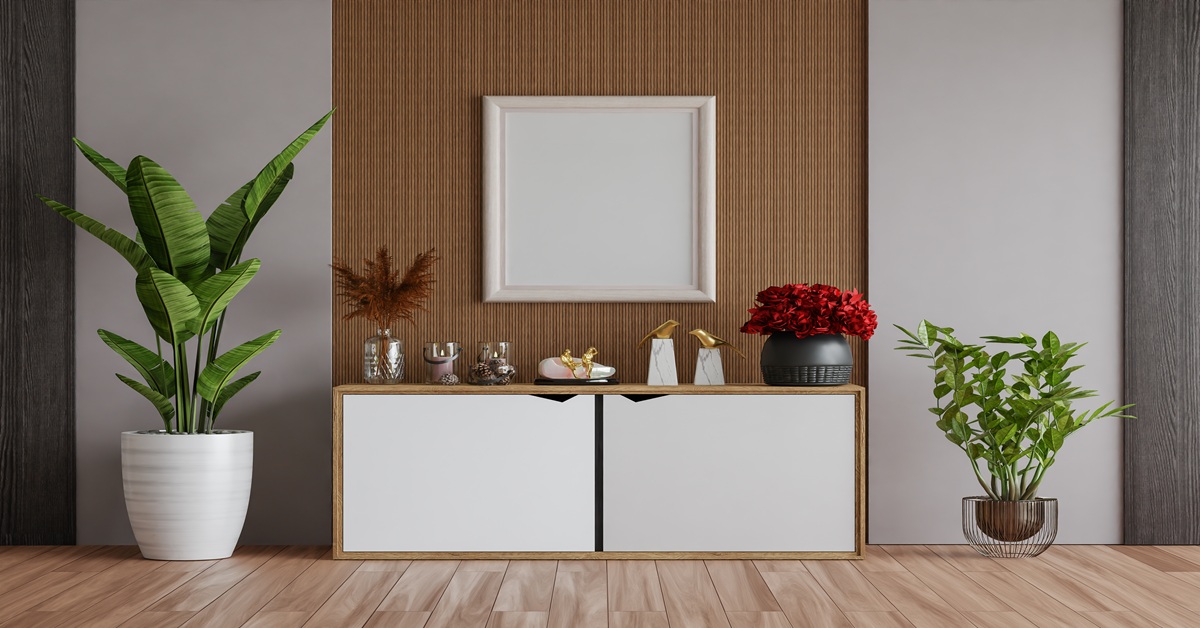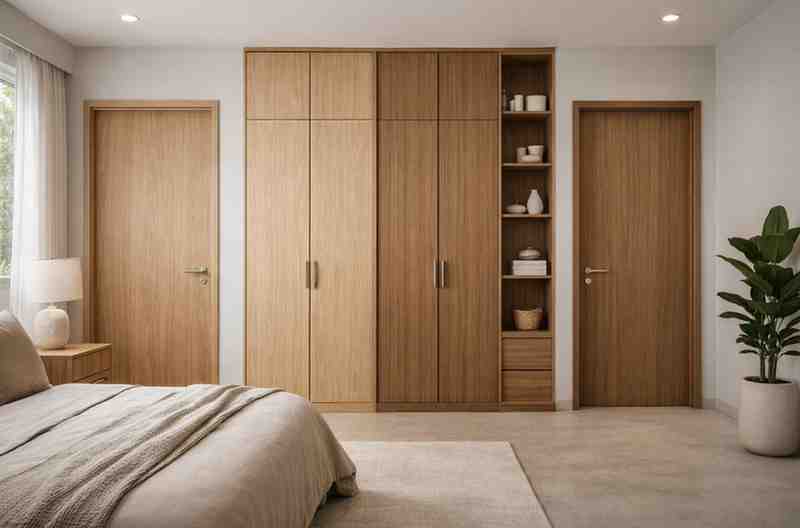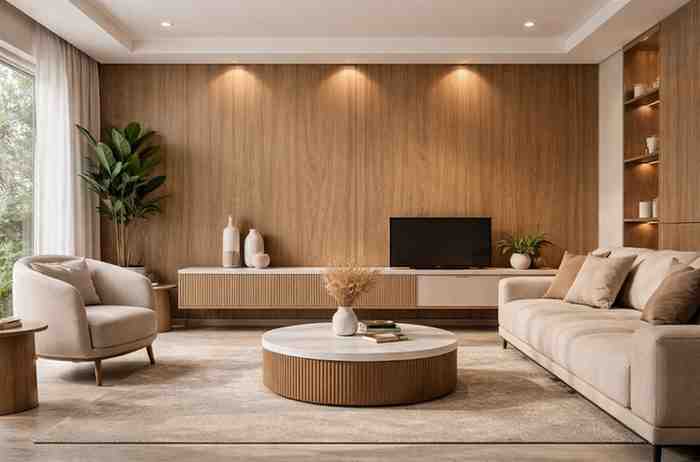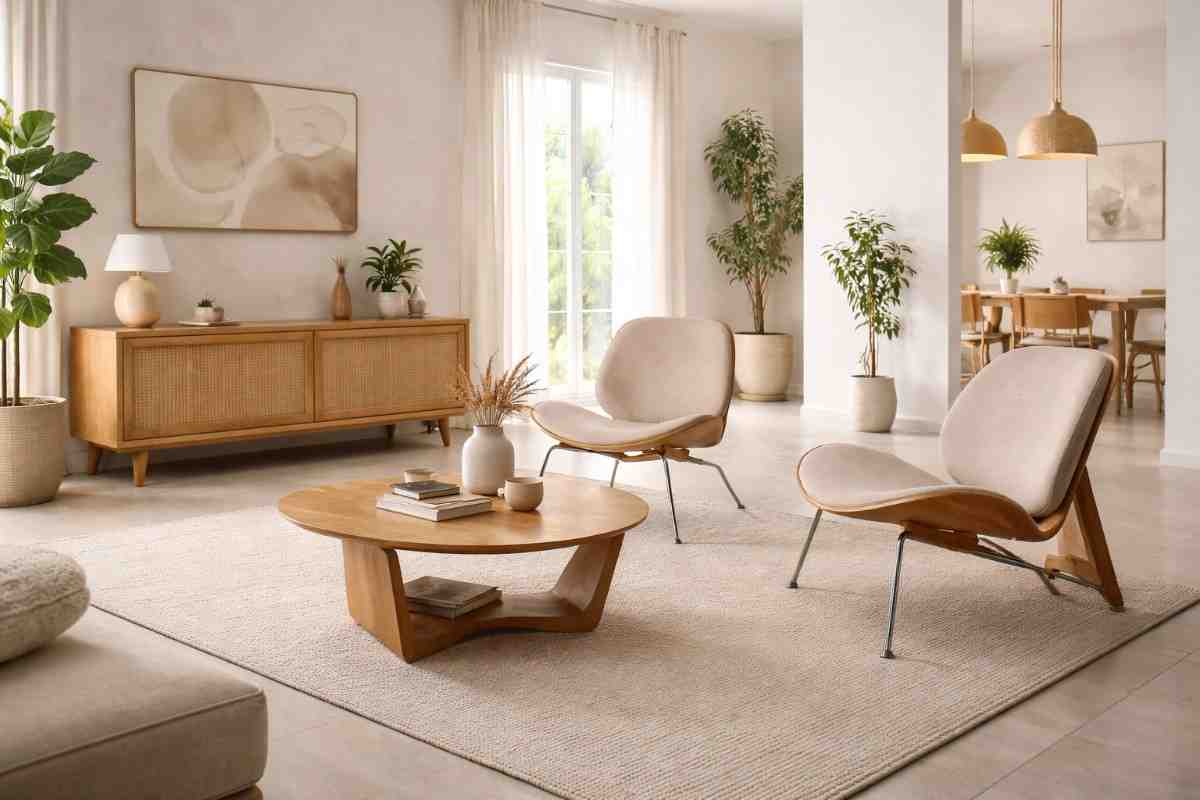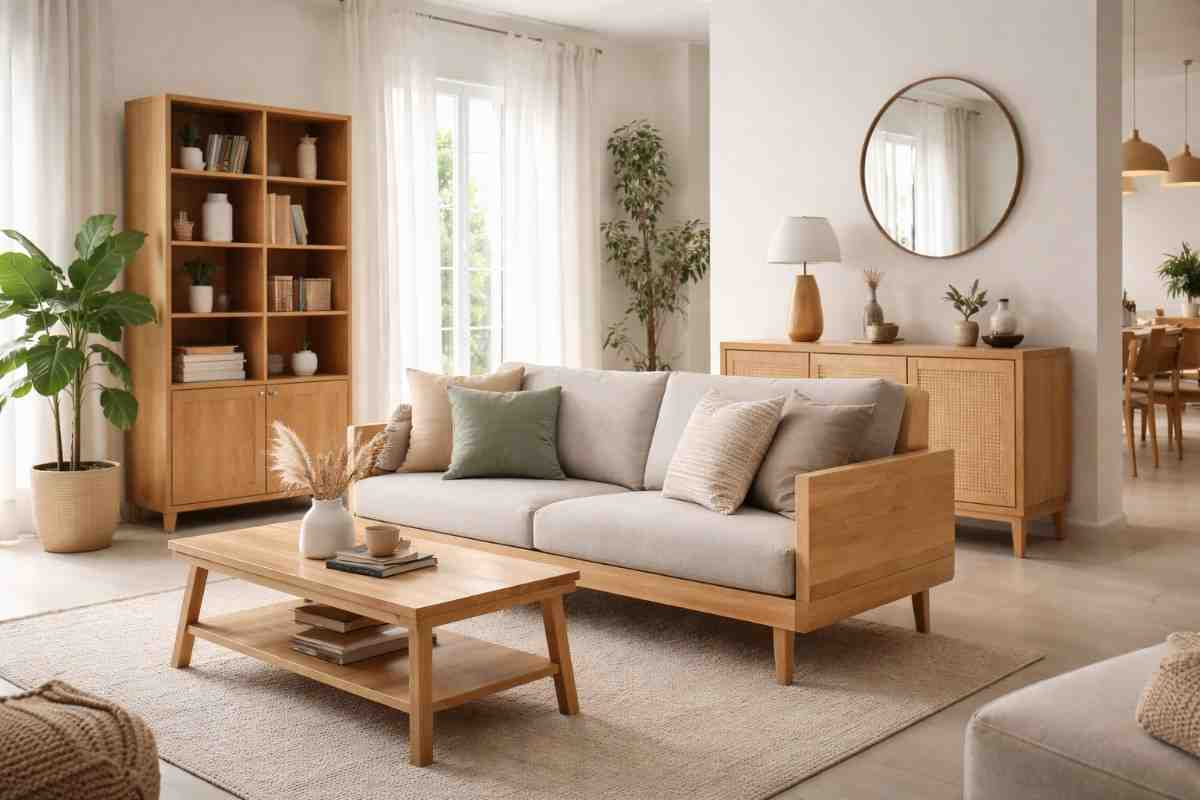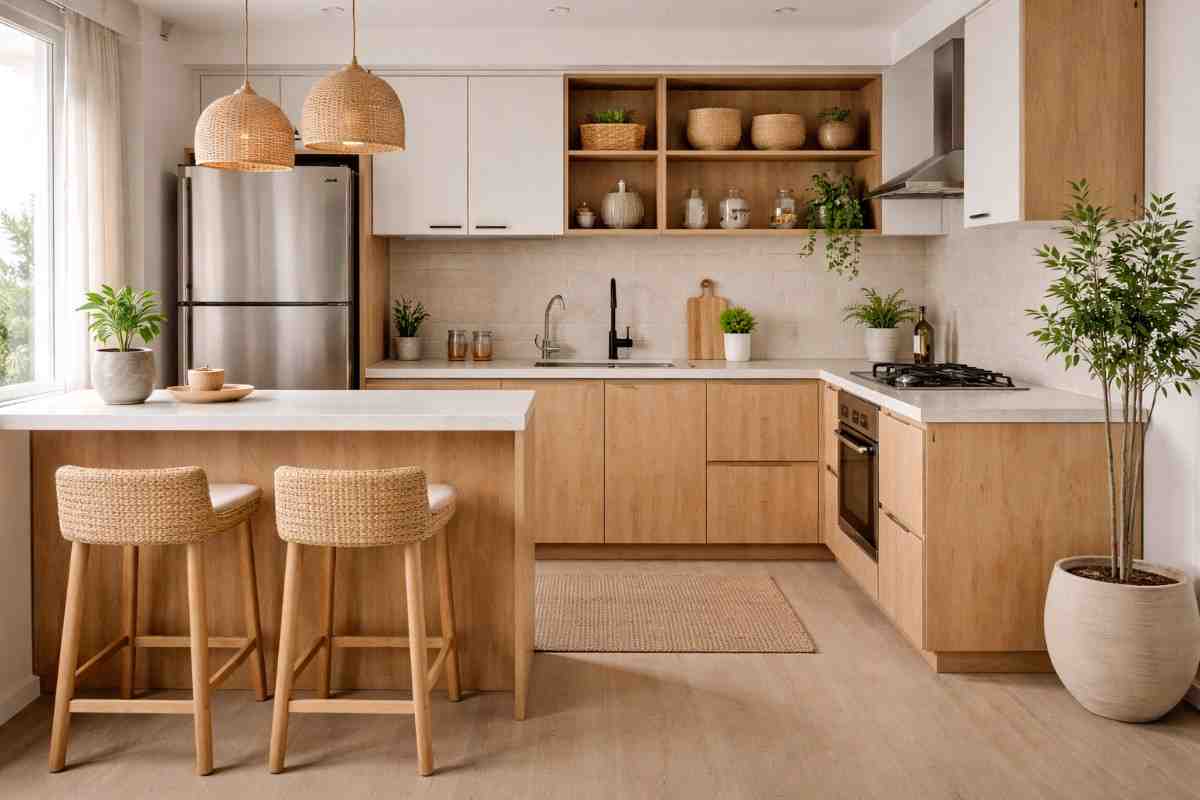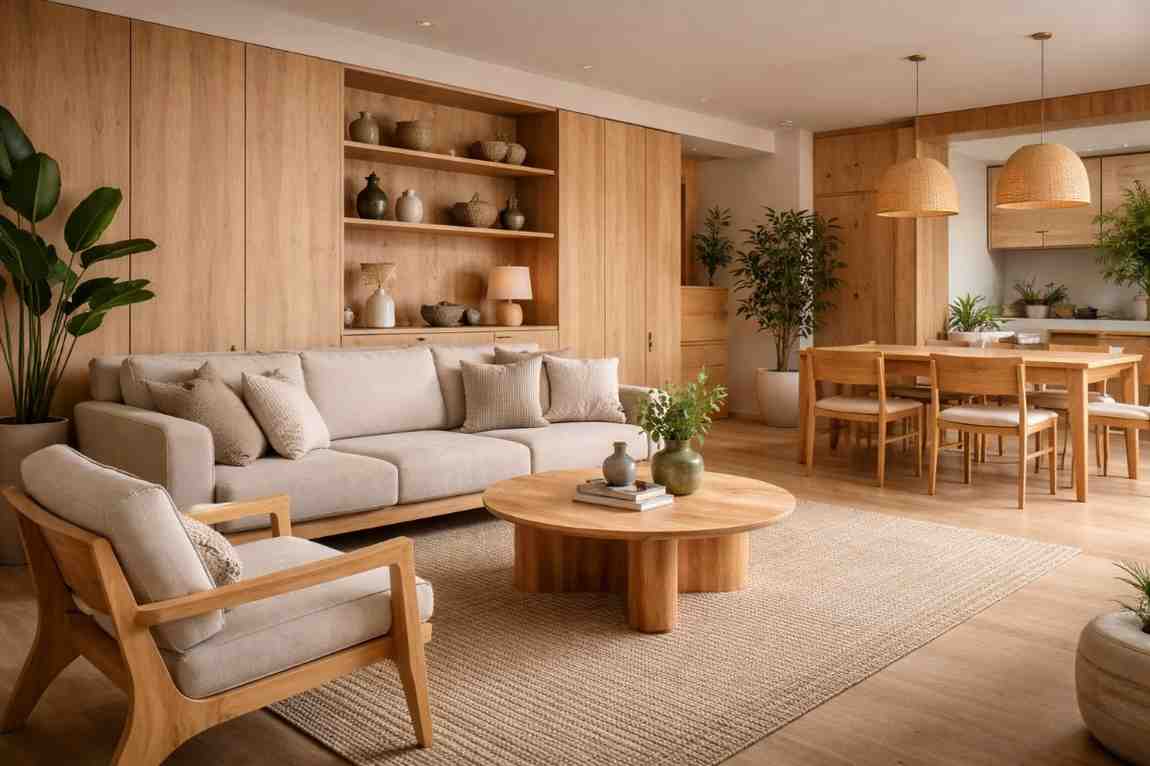Plywood is a versatile and widely used material in construction and furniture making. Among the various types of plywood available, BWP plywood stands out for its superior quality and durability. In this blog, we will delve into the meaning of BWP plywood, its unique features, and the wide range of applications it offers. By the end, you’ll have a comprehensive understanding of why BWP plywood is a preferred choice for many builders and homeowners.
What is BWP Plywood?
BWP stands for Boiling Water Proof, a term that highlights the plywood’s resistance to water and moisture. BWP plywood is engineered to withstand prolonged exposure to water without delaminating or losing its structural integrity. This makes it an ideal choice for applications where the material may be exposed to high humidity, moisture, or direct contact with water.
How is BWP Plywood Made?
The manufacturing process of BWP plywood involves several steps to ensure its durability and resistance to water:
- Selection of Veneers: High-quality hardwood veneers are selected for making BWP plywood. These veneers are known for their strength and resistance to decay.
- Bonding with Phenolic Resins: The veneers are bonded together using phenolic resins, which are synthetic polymers known for their water-resistant properties. Phenolic resins create a strong and durable bond that can withstand boiling water and extreme weather conditions.
- Hot Pressing: The bonded veneers are subjected to high pressure and temperature in a hot press. This process ensures that the adhesive penetrates deeply into the wood fibers, creating a solid and water-resistant plywood sheet.
- Treatment and Finishing: The plywood is treated with preservatives to enhance its resistance to termites and other pests. It is then sanded and finished to achieve a smooth surface.
Key Features of BWP Plywood
1. Water and Moisture Resistance: BWP plywood is designed to resist water and moisture, making it suitable for use in areas with high humidity or direct contact with water. It does not warp, swell, or delaminate when exposed to moisture, ensuring long-lasting performance.
2. High Strength and Durability: The use of high-quality hardwood veneers and phenolic resins gives BWP plywood excellent strength and durability. It can withstand heavy loads and extreme weather conditions without losing its structural integrity.
3. Termite and Pest Resistance: BWP plywood is treated with preservatives that make it resistant to termites and other wood-boring pests. This ensures that the plywood remains intact and free from damage caused by insects.
4. Versatility: BWP plywood can be used in a wide range of applications, both indoors and outdoors. Its durability and water resistance make it suitable for various environments and uses.
5. Smooth Finish: BWP plywood has a smooth and even surface, making it easy to paint, polish, or laminate. This allows for a high-quality finish in furniture and cabinetry.
Applications of BWP Plywood
Due to its superior properties, BWP plywood is used in a variety of applications across different industries. Here are some common uses:
1. Kitchen Cabinets and Furniture: Kitchens are prone to high humidity and occasional water spills. BWP plywood is an excellent choice for kitchen cabinets and furniture as it can withstand these conditions without getting damaged.
2. Bathroom Vanities and Fixtures: Bathrooms are another area where water exposure is frequent. BWP plywood is ideal for bathroom vanities, shelves, and other fixtures, ensuring they remain in good condition despite the moisture.
3. Outdoor Furniture: Outdoor furniture needs to endure various weather conditions, including rain and humidity. BWP plywood’s water resistance makes it a reliable material for garden furniture, benches, and tables.
4. Marine Applications: BWP plywood is often used in the construction of boats, docks, and other marine structures. Its ability to resist water and harsh weather conditions makes it a preferred choice in the marine industry.
5. Flooring: BWP plywood is used as a base for flooring, especially in areas where moisture is a concern, such as basements and bathrooms. It provides a stable and durable foundation for various types of floor coverings.
6. Wall Panels and Partitions: BWP plywood is used for wall panels and partitions in both residential and commercial buildings. Its strength and resistance to moisture ensure that the panels remain intact and aesthetically pleasing over time.
7. Roofing: In regions with heavy rainfall, BWP plywood is used for roofing underlayment. It provides a solid and water-resistant base for roofing materials, protecting the structure from water damage.
8. Packaging: BWP plywood is used for making crates and boxes for transporting goods. Its strength and durability ensure that the contents are protected during transit.
Advantages of Using BWP Plywood
1. Long-Lasting Performance: The primary advantage of BWP plywood is its long-lasting performance. It retains its strength and structural integrity even when exposed to water and extreme weather conditions, making it a reliable material for various applications.
2. Low Maintenance: BWP plywood requires minimal maintenance compared to other types of plywood. Its resistance to water, termites, and pests reduces the need for frequent repairs and treatments.
3. Cost-Effective: While BWP plywood may have a higher initial cost than regular plywood, its durability and low maintenance requirements make it a cost-effective choice in the long run. The reduced need for replacements and repairs results in overall cost savings.
4. Aesthetic Appeal: The smooth finish of BWP plywood allows for a high-quality aesthetic appeal. It can be easily painted, polished, or laminated to achieve the desired look, making it suitable for both functional and decorative purposes.
5. Environmentally Friendly: Many manufacturers produce BWP plywood using sustainable practices and eco-friendly materials. This makes BWP plywood a more environmentally responsible choice compared to some other building materials.
Choosing the Right BWP Plywood
When selecting BWP plywood for your project, consider the following factors:
1. Quality and Certification: Ensure that the BWP plywood you choose meets industry standards and certifications for water resistance and durability. Look for products that have been tested and certified by reputable organizations.
2. Supplier Reputation: Purchase BWP plywood from a reputable supplier known for quality and reliability. This ensures that you receive a genuine product with the promised properties.
3. Specific Application: Consider the specific application and environmental conditions where the plywood will be used. Choose a product that is suitable for those conditions to ensure optimal performance.
4. Budget: While BWP plywood is cost-effective in the long run, it’s essential to consider your budget. Compare prices from different suppliers to find a product that offers the best value for your money.
Conclusion
BWP plywood, or Boiling Water Proof plywood, is a high-quality material known for its water resistance, strength, and durability. Its unique properties make it suitable for a wide range of applications, from kitchen cabinets and bathroom fixtures to outdoor furniture and marine structures. Investing in BWP plywood ensures long-lasting performance, low maintenance, and overall cost savings. By understanding its features and benefits, you can make an informed decision and choose the right BWP plywood for your next project, ensuring both functionality and aesthetic appeal.

